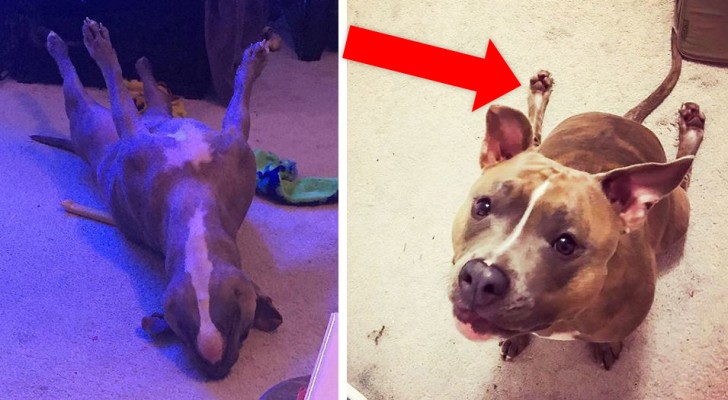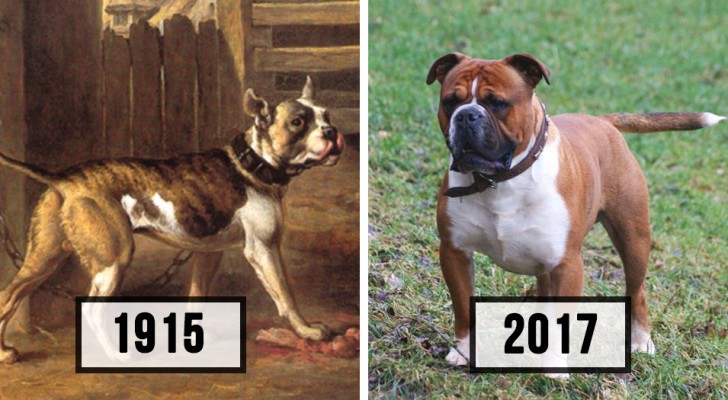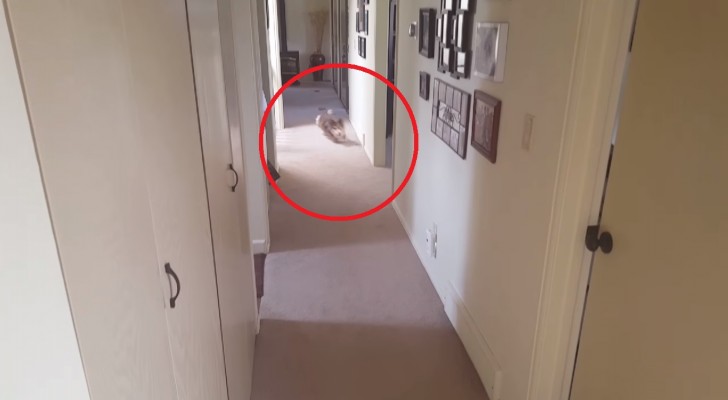Dogs can recognize a "bad" person and they try to protect their human friends, scientific research suggests
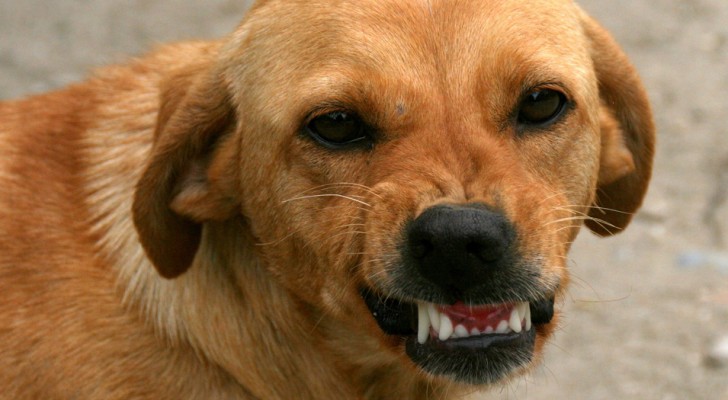
Dog owners have always known - or at least suspected - the ability of their four-legged friends to be able to recognize the deeper nature of a stranger.
Now, however, various studies have shown incontrovertibly how dogs are able to distinguish a reliable or "good" person, from an unreliable or "bad" person.
Not only that! In fact, once your dog understands the type of person that is in front of it, the animal will tend to react differently.
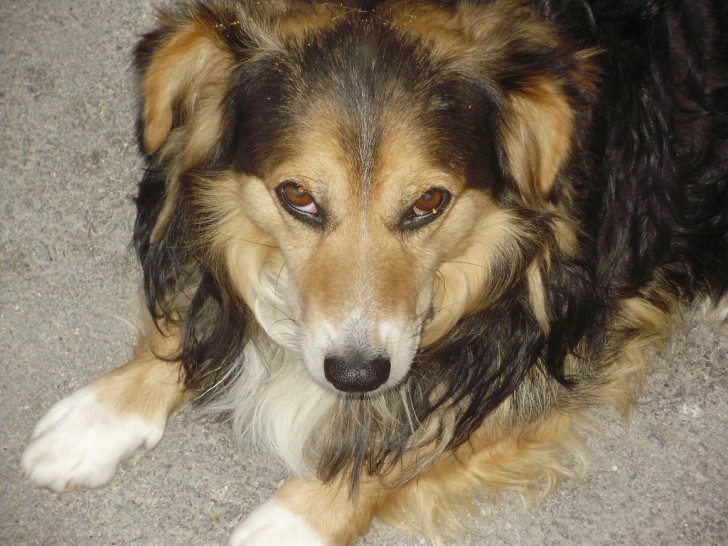
The team led by Akiko Takaoka of Kyoto University conducted a study on 34 dogs, tested in two different situations in which the owner asked for help from two collaborators. In the first scene, the owner received the help requested from one of the two assistants, while in the other the help was denied; in both situations, the second assistant remained impassive. Afterward, all the dogs were shown to accept the food subsequently offered by the one who had helped their owner, as well as by the person who had remained passive, but they refused any food offered by those who had refused to help their owner.
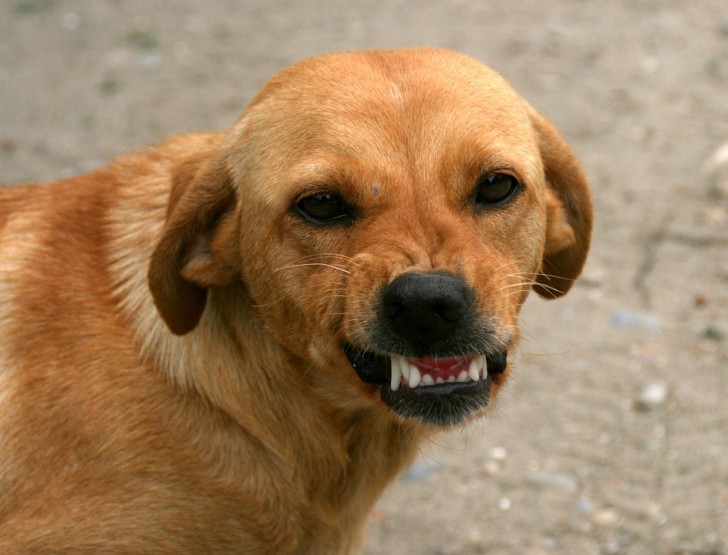
The results of the research, published in the "Animal Cognition Journal", show that "dogs have a more sophisticated social intelligence than we thought and this social intelligence has evolved selectively during their long history of living with humans." according to Takaoka.
According to colleague John Bradshaw of the University of Bristol, the study also shows that dogs love to be predictable. In fact, although they are curious about novelties, these animals do not appreciate irregularities and inconsistency, because they do not know how to react. Furthermore, if the situation of uncertainty becomes constant, they develop stress, fear, and aggression. In fact, dogs are "very sensitive to human behavior" but they "live in the present", i.e., they do not have the ability to think abstractly. This means that dogs base their actions and reactions on repeated experiences, demonstrated over time, says Bradshaw.
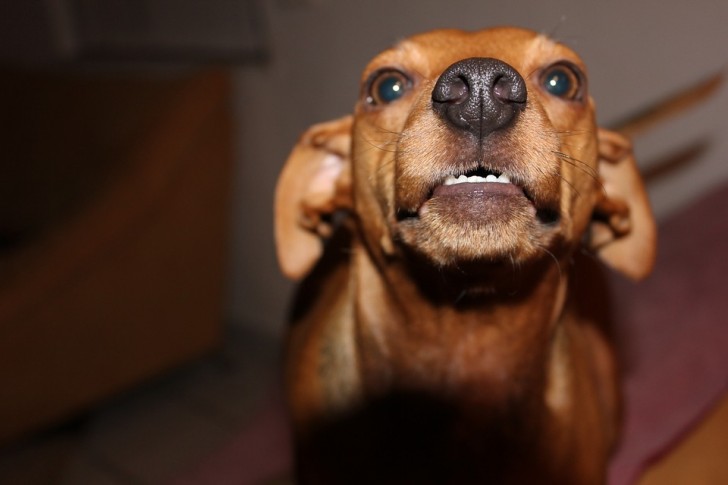
This is a statement that the founder of the Duke Canine Cognition Center, Brian Hare, confirms when he says that dogs "evaluate the information that we provide based in part on its reliability in helping them achieve their goals". In addition, it should also be explained why some dogs tend to ignore even the gestures of a member of their "human family", if movements are not clear, and instead use their memory to look for an antecedent on the basis of which they can respond in a coherent manner. Consequently, if led to make errors, a dog will no longer trust or obey its owner.
In short, if your dog does not like some of your friends or acquaintances, from now on you will do well to trust his "nose". ;)
Sources:
- https://www.sciencedirect.com/science/article/pii/S0149763416303578
- https://www.dognition.com/brian-hare
- http://www.bbc.com/earth/story/20150220-dogs-know-if-youre-untrustworthy



